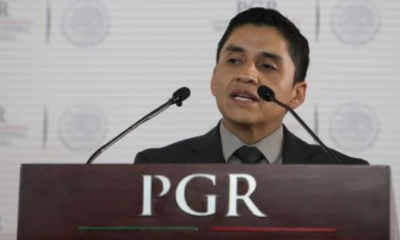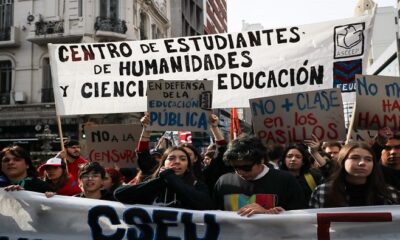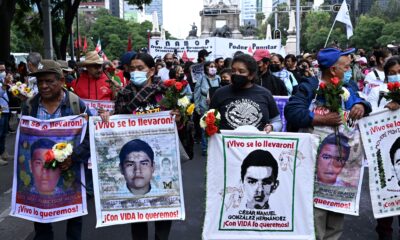International
Military espionage uncovered in Ayotzinapa normalistas case
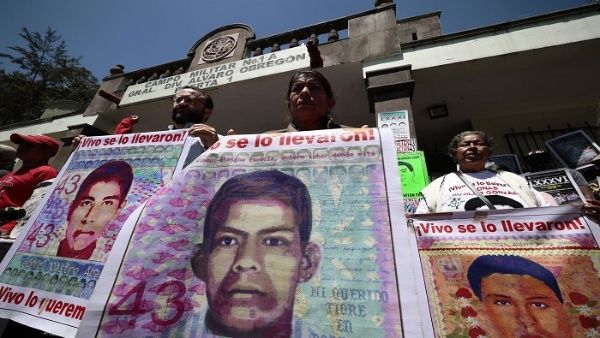
October 19 |
The Commission for Truth and Access to Justice in the Ayotzinapa Case (CoVAJ) released on Wednesday a series of documents showing that the Mexican Army possessed information on the possible whereabouts of the missing normalista students in Ayotzinapa, Mexican state of Guerrero.
The mechanism created to support the clarification of the disappearance of 43 students between September 26 and 27, 2014, revealed at least 18 declassified documents derived from the monitoring carried out on criminal actors in the region, such as the Guerreros Unidos, linked to the disappearance of the young people.
Several of these texts reveal the transfer of a group of 17 students from Iguala to the city of Chilpancingo, some 100 kilometers away, and that they were allegedly held in a cave, but it is not known if this has been included in the investigations or if the families have been informed.
According to the report, the Army “had knowledge of what was happening (…) That is to say, they had information in real time about the possible destinations of the missing students, as well as the people involved, their relationship with ministerial authorities and places where they were possibly sheltered.”
For its part, Mexico’s Interior Ministry stated in a press release that these files presented were already known to the investigation teams, such as the Interdisciplinary Group of Independent Experts (GIEI), but have now been published in full.
However, this report hints that the Army may have much more information about the case of the missing Ayotzinapa normalistas, but that it has not been handed over to the victims’ families and investigators despite numerous requests.
One of the proofs of this is that the documents were numbered consecutively. Thus, it can be concluded that between the documents ‘CRFI 1202’, ‘CRFI 1203’ and ‘CRFI 1204’, referring to communications tapped on September 27, 2014 and the following ‘CRFI 1212’, from the other day, a skip can be described in which papers are missing.
International
Ninth Victim Recovered After Deadliest U.S. Avalanche in Decades
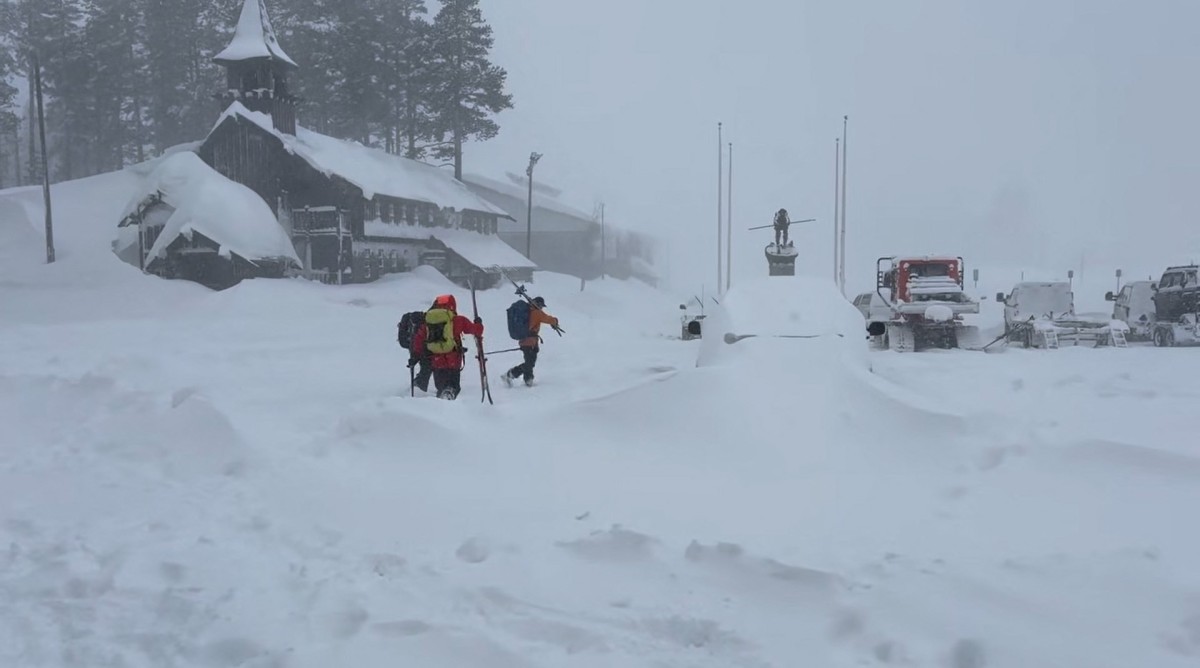
Rescue teams in California on Saturday recovered the body of the ninth and final victim of a deadly avalanche in the Sierra Nevada mountains, according to the local sheriff’s office.
The avalanche struck a group of 11 skiers and four guides on Tuesday as they were returning from a three-day backcountry trip near Castle Peak, a 2,777-meter (9,111-foot) mountain and popular tourist destination on the U.S. West Coast.
Six people were rescued alive on Tuesday. Authorities said the incident marks the deadliest avalanche in the United States since 1981.
“All nine individuals who lost their lives in the February 17 Castle Peak avalanche have been safely recovered from the mountain,” the Nevada County Sheriff’s Office said in a statement.
“There are no words that can truly capture the magnitude of this loss, and our hearts grieve alongside the families affected by this catastrophic event,” Sheriff Shannan Moon said.
Officials had warned on Thursday that search operations would likely continue through the weekend due to severe weather conditions in the area.
Survivors were able to call for help shortly after the avalanche occurred. However, near-zero visibility and the risk of additional snow slides prevented rescue teams from reaching them for several hours.
International
Trump Defies Supreme Court With New 10% Global Tariff
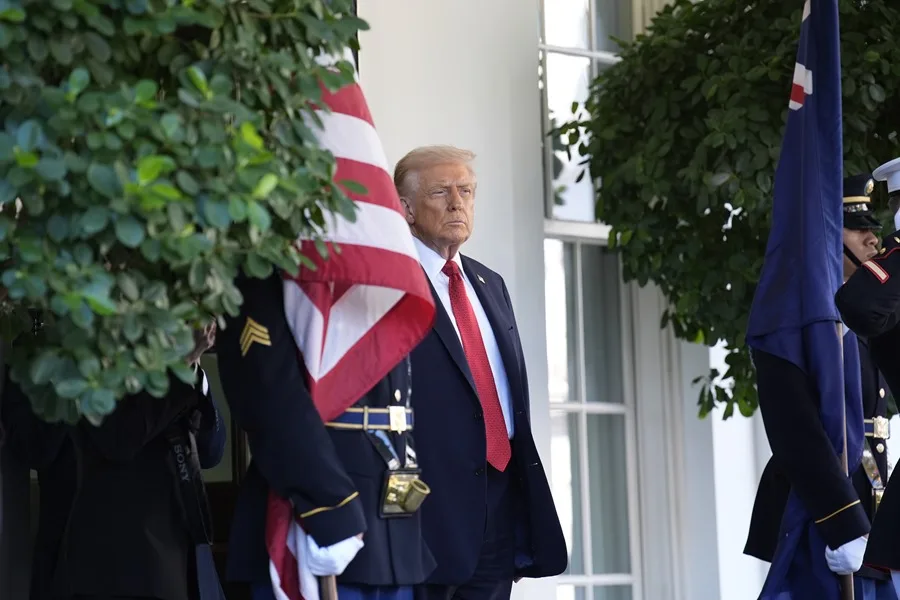
Defiant in the face of a judicial setback, Donald Trump on Friday imposed a new across-the-board 10% tariff after the Supreme Court of the United States ruled that he does not have the authority to levy customs duties under the guise of a national emergency.
The Republican president signed the order in the Oval Office and announced on social media that the measure would take effect “almost immediately.” According to a statement from the White House, the decree will formally enter into force on February 24 for a period of 150 days.
It remains unclear whether the new tariff will apply to countries that have already negotiated trade agreements establishing rates higher than 10%.
Earlier in the day, the conservative-majority court ruled that a 1977 law cited by Trump to abruptly impose tariffs on individual countries — disrupting global trade — “does not authorize the president to impose tariffs.”
Trump said he was “deeply disappointed” by the decision and accused some justices of being influenced by “foreign interests.”
Although he has made variable tariffs a cornerstone of his foreign policy, Trump acknowledged that it is uncertain whether the government will have to refund revenue already collected. A study by the University of Pennsylvaniaestimated that the amount at stake could reach as much as $175 billion.
“That issue was not addressed by the Court,” Trump told reporters, warning that the legal battle could drag on for “years.”
Justice Brett Kavanaugh, who dissented from the Court’s 6–3 majority opinion, cautioned that the legal process could become a “mess.”
Trump denied any error or haste in using tariffs as a policy tool, arguing instead that the six justices who ruled against him were motivated by “political correctness.” Vice President JD Vance wrote on X that the Court had acted “outside the law.”
International
U.S. Targets Members of Outgoing Boric Administration With Visa Revocations

The United States government announced on Friday the revocation of visas for three Chilean officials—whose identities were not initially disclosed—citing activities that allegedly “undermined regional security,” an accusation that Chile denies.
In a statement, the U.S. Department of State did not provide specific details about the individuals involved but criticized the outgoing administration of leftist President Gabriel Boric.
“The legacy of the Boric government will be further tarnished by actions that undermine regional security to the ultimate detriment of the Chilean people,” the statement read. It was signed by U.S. Secretary of State Marco Rubio.
Chile’s Minister of Transport, Juan Carlos Muñoz, later confirmed in a video message to the press that he is among those sanctioned.
“I was recently informed that my visa to enter the United States has been revoked by that country, which I deeply regret,” Muñoz said.
The U.S. statement also noted that Washington hopes to “advance shared priorities, including those that strengthen security in our hemisphere, with the upcoming Kast government.”
The electoral victory of ultraconservative leader José Antonio Kast was welcomed in Washington, which has been building alliances with like-minded governments in the region to reinforce its diplomatic and economic agenda—particularly in response to China’s growing investment presence in Latin America.
“We remain committed to promoting accountability for Chilean individuals who deliberately work to destabilize our hemisphere,” the statement concluded.
-
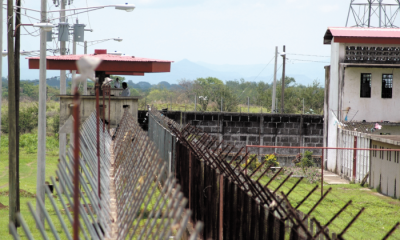
 Central America4 days ago
Central America4 days agoWashington Imposes Visa Ban on La Modelo Director Amid Crackdown in Nicaragua
-
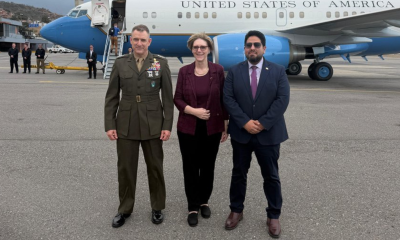
 International3 days ago
International3 days agoTop U.S. Military Commander Meets Interim Venezuelan Leaders After Maduro’s Capture
-
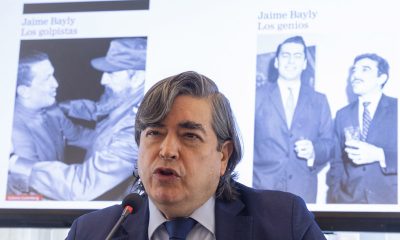
 International4 days ago
International4 days agoBayly Says Trump ‘Gets Along Better With Dictators’ and Criticizes U.S.–Venezuela Policy
-

 International4 days ago
International4 days agoRubio Engages in Quiet Discussions With Castro Family as U.S. Pressures Havana
-

 International4 days ago
International4 days agoMaduro and Cilia Flores Receive Consular Visit in U.S. Jail Ahead of March 26 Hearing
-

 International2 days ago
International2 days agoThree Injured in Mail Package Explosion at Buenos Aires Gendarmerie Academy
-

 International2 days ago
International2 days agoTrump Defies Supreme Court With New 10% Global Tariff
-

 International2 days ago
International2 days agoU.S. Targets Members of Outgoing Boric Administration With Visa Revocations
-

 International16 hours ago
International16 hours agoNinth Victim Recovered After Deadliest U.S. Avalanche in Decades
-
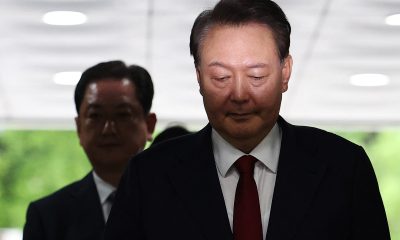
 Sin categoría3 days ago
Sin categoría3 days agoFormer South Korean President Yoon Suk-yeol Sentenced to Life for Insurrection

























